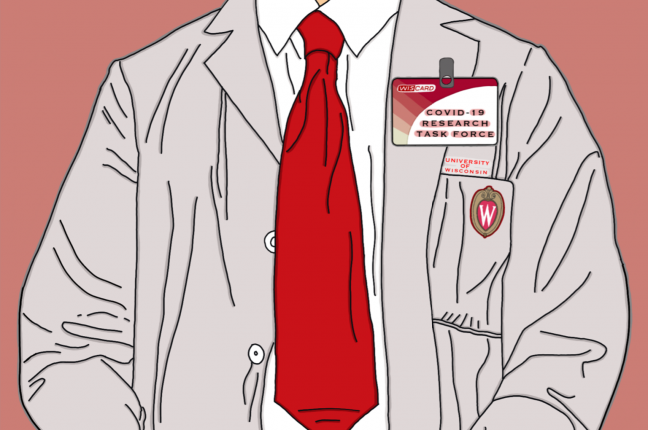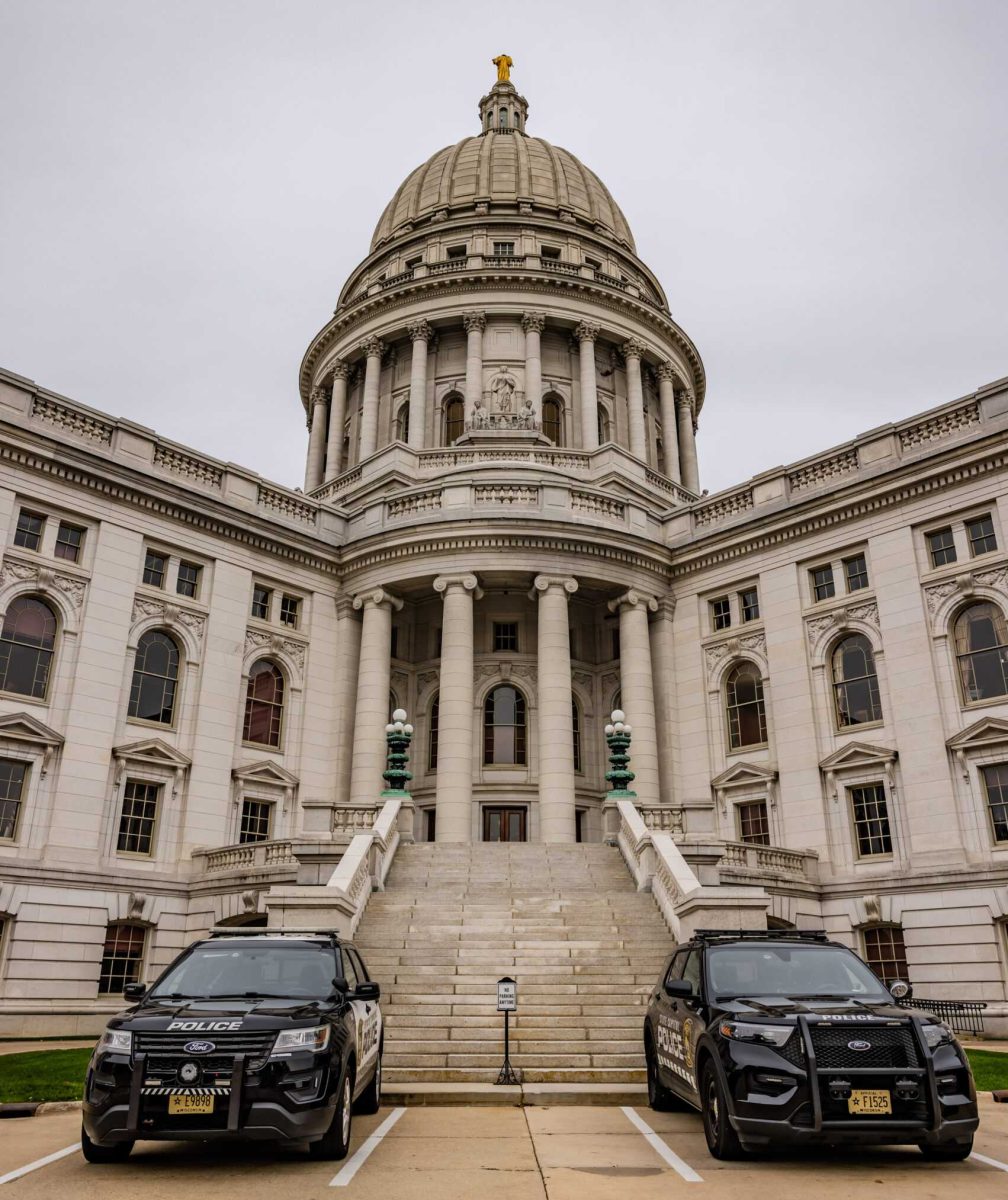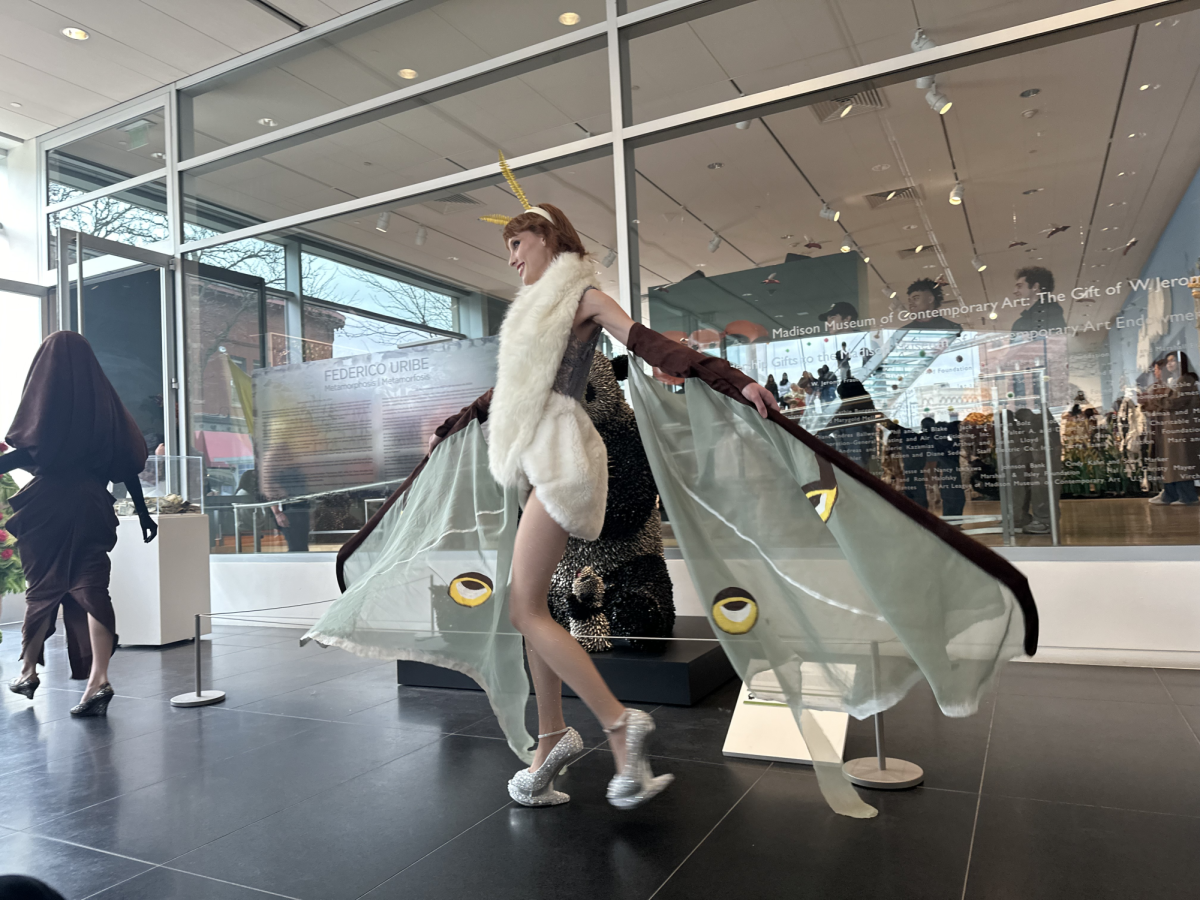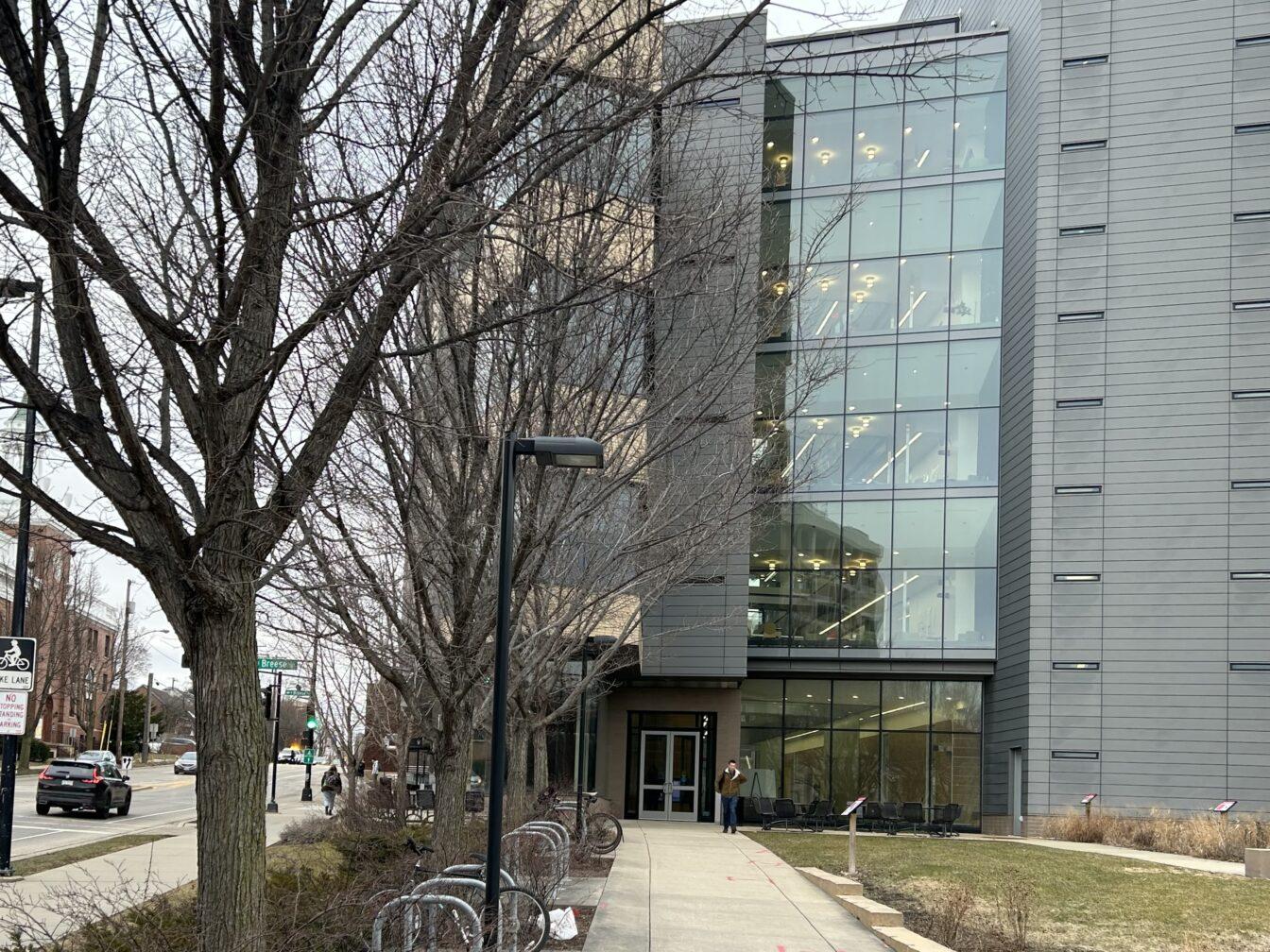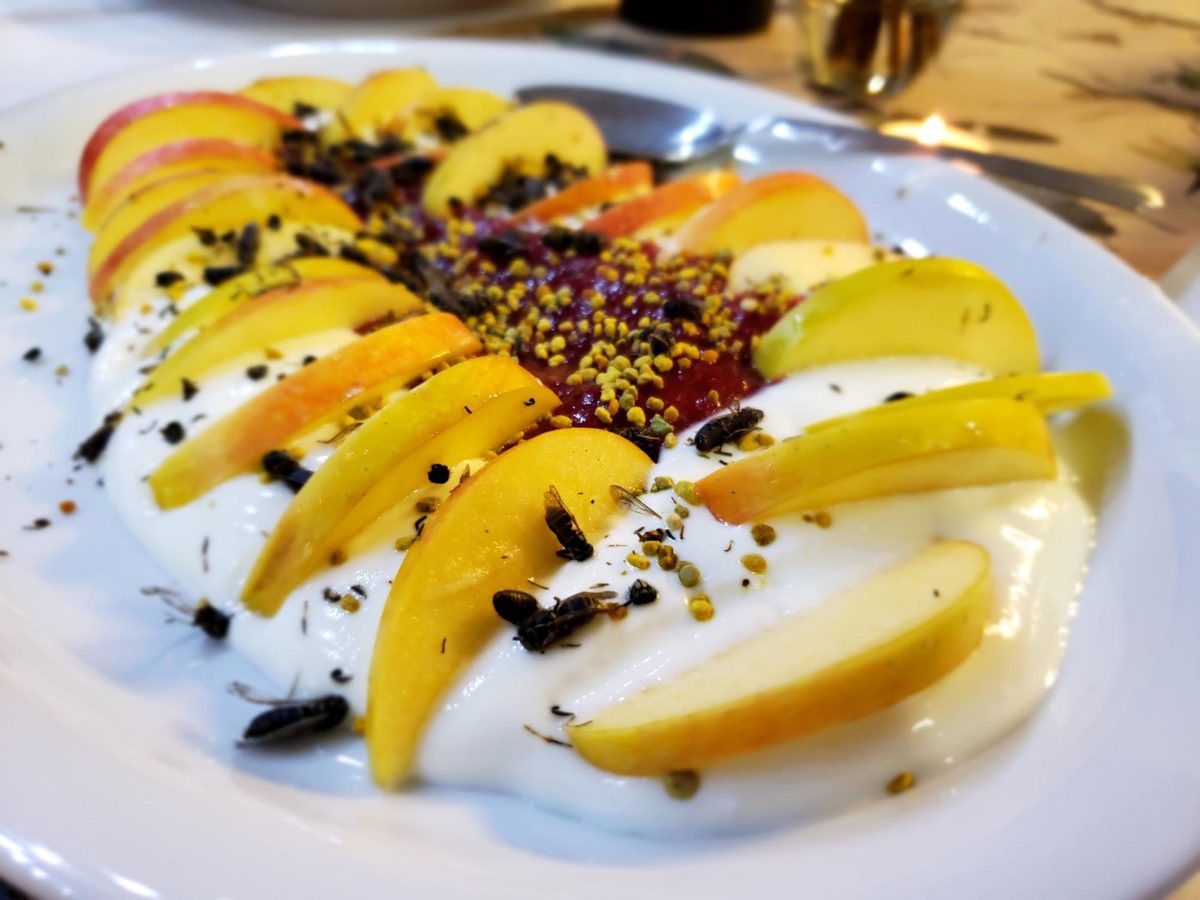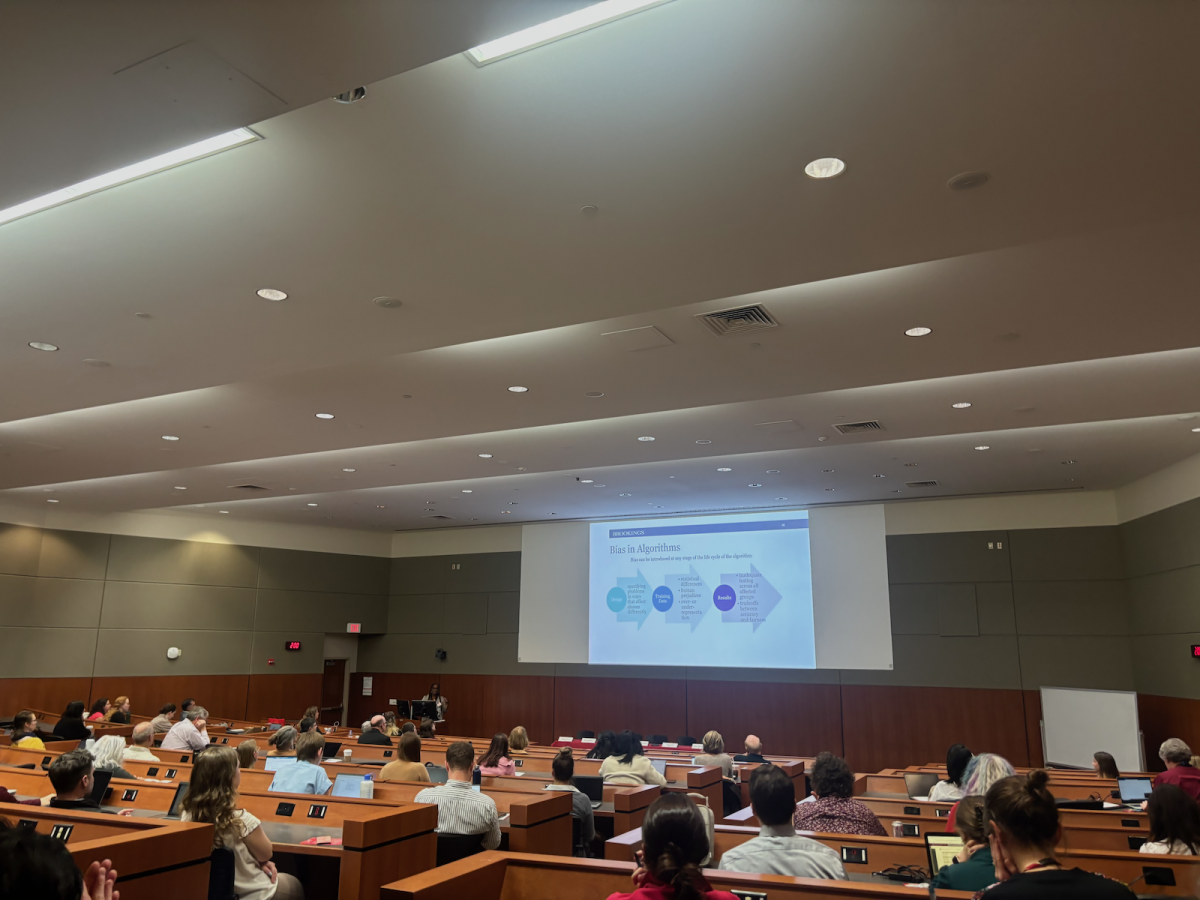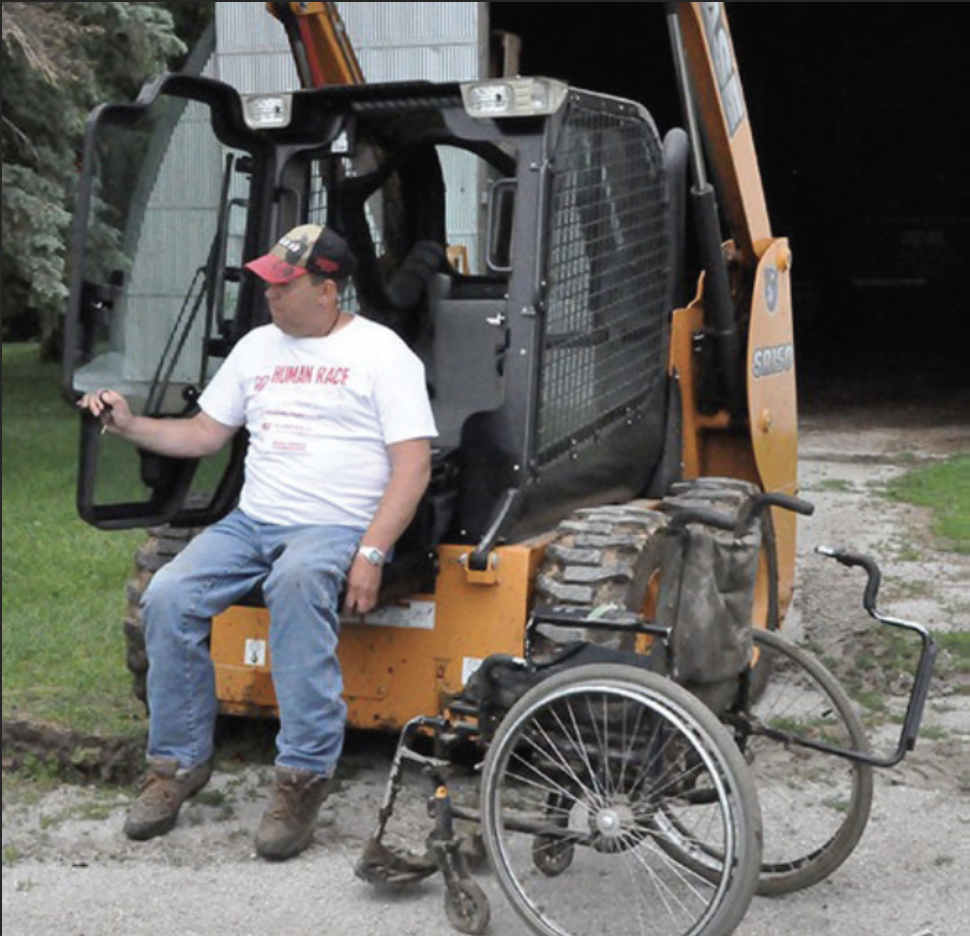When considering research, many people don’t realize just how many non-scientists are involved. In many cases — especially in environmentally-focused research — data collection relies heavily on volunteers participating in “citizen science.”
Citizen science is when volunteers collect data to contribute to larger research projects, with or without a scientific background. One example on the University of Wisconsin campus is the Wisconsin First Detector Network. WIFDN is an organization that monitors the spread of invasive species — mostly plants — in Wisconsin through a network of citizen scientists.
Anne Pierce is the coordinator of WIFDN. She said that their volunteers use the app EDDmapS as the method of reporting observations.
“The data we’re asking people to collect is basically go out wherever you are in Wisconsin and map the invasive plants that you see,” Pierce said. “The bulk of what we do with WIFDN is using the EDDmapS to map invasive plants.”
Perfectly imperfect machines: How artificial intelligence algorithms produce biased decisions
This data has two main uses — research and on the ground management, Pierce said. For research, scientists use the data to predict where else the invasive plants might grow. On the ground management uses the data to map the invasive species and to make a plan for how to manage the species.
People interested in volunteering can watch live seminars or review online resources for more information. No prior knowledge or experience is required, Pierce said, which is consistent across most citizen science programs — they are organized to allow anyone with an interest to get involved.
“We have a really wide range of people represented in the volunteers with WIFDN. Some of them come to us through programs like master naturalist or master gardener,” Pierce said.
Other involvement comes from community members who live near parks or people of retirement age, Pierce said.
First major avian flu outbreak since 2015 persists into fall season
Another example of citizen science in action in Madison is the Bird Collision Corps. The Bird Collision Corps is part of the Madison Audubon Society, with multiple programs in different areas in and around Madison. This project collects data on the number of birds that fly into windows, then uses that data to determine what buildings most need bird-friendly glass covers.
A student originally made the proposal to the Green Fund in the 2019-2020 school year for the University of Wisconsin to get involved in the program. The Green Fund is a UW program that supports sustainability and environmentally-focused projects proposed by students.
Now, 22 buildings across campus are monitored by citizen scientists, and many of them have installed bird-friendly glass covers on their windows, according to the Bird Collision Corps. Green Fund project manager Ian Aley said that volunteers are integral to the data collection process.
“For quite some time now, each spring and fall migration period, there have been a whole host of volunteers that go out and poke around in the bushes and around glass windows that are sort of known to be dangerous to birds to see how many birds have lost their lives in colliding with that glass,” Aley said.
More than just a number: The science behind nutrition labels
After the observations are compiled, the data is used to determine which windows and buildings are most harmful to birds, Aley said. Then, recommendations are made on where to install bird-friendly glass covers.
One type of these glass covers is in the form of small sheets of dots that are put on windows. They can be seen in the Ogg residence hall and across other buildings on campus as well.
“We could work off of assumptions, we could say ‘oh yeah, if we put up the bird dots here it might be helpful,’” Aley said. “But it’s just so much more powerful to be able to collect data beforehand and afterward and to say it actually did make a difference.”
Citizen scientists provide more observations than the researchers are able to on their own, leading to more informed decisions, Aley said. If volunteers collect data before and after an action is taken in a project, researchers can then make more informed conclusions about the success of their efforts.
STEM students with disabilities face extra barriers in earning degree
UW graduate student in the English Department Marek Makowski said in an article for Isthmus titled “Grid is Good” this project has clearly made its impact. Makowski said volunteers collected 34 dead birds over three semesters before the mitigation efforts were put in place — after, volunteers only found seven birds.
These bird-friendly glass covers have been added to many windows in Madison and the surrounding municipalities, and in 2019, the City of Madison adopted a bird-friendly building ordinance.
Citizen science is a great way for anyone with spare time on their hands to help in research that could make a difference in their own community, Aley said. Volunteers are vital to the success of these projects.
“Citizen science is really at the heart of this project. It’s what helped direct where to put the bird dots on the glass,” Aley said. “The data that was collected by the campus community and the broader Madison community was really essential to the project.”








